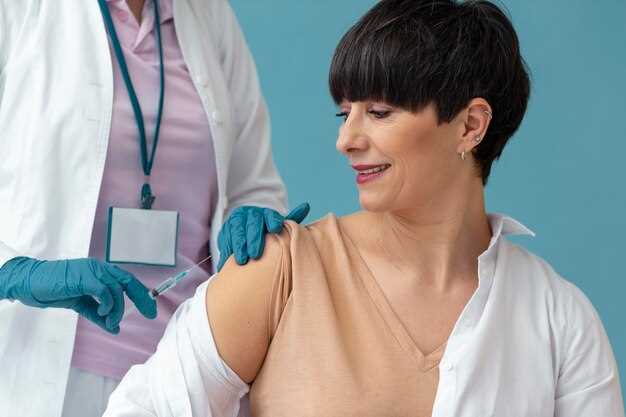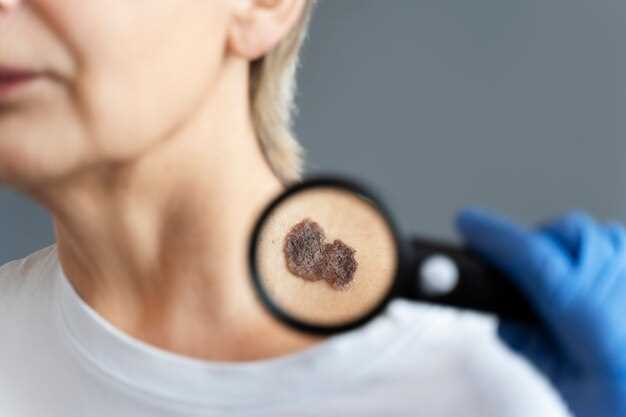
Unlock the potential for optimizing recuperation following a cerebrovascular incident (CVA) through a strategic pharmaceutical solution. Elevate the prospects of recovery with a specialized regimen designed to fortify and shield against potential setbacks.
Clopidogrel after CVA: Improving Stroke Reco
Understanding Stroke
In this section, we delve into the intricacies of cerebrovascular incidents, shedding light on the complexities of this neurological phenomenon. By unraveling the mechanisms underlying strokes, we aim to provide clarity on their nature and impact.
Unraveling the Complexity

Firstly, we embark on a journey to unravel the intricate web of factors contributing to strokes. Through a comprehensive exploration, we seek to elucidate the multifaceted nature of these events, encompassing both physiological and environmental influences.
Navigating the Impact

Furthermore, we navigate through the repercussions of strokes, dissecting their profound impact on individuals and societies alike. By understanding the far-reaching consequences, we endeavor to highlight the urgency of effective interventions and support systems.
The Role of Clopidogrel
In this section, we delve into the pivotal significance of a certain medication in the journey towards post-cerebrovascular accident recovery. Without naming names, we embark on an exploration of the agent that plays a crucial part in the aftermath of cerebral vascular events. As we navigate through the intricacies of stroke management, one particular pharmaceutical intervention emerges as a linchpin, aiding individuals in their quest for recuperation.
Understanding the Mechanism:
Here, we unravel the intricate workings of the pharmaceutical protagonist in the post-stroke narrative. Delving into its mechanisms of action, we shed light on how this agent interacts within the physiological framework, bolstering the body’s defenses against potential recurrent episodes. Through a detailed examination, we elucidate the pathways through which this medication exerts its therapeutic effects, offering insights into its role as a guardian of neurological well-being.
Enhancing Recovery:
Beyond mere prevention, our discussion extends to the realm of rehabilitation and recovery. We explore the ways in which this pharmaceutical ally facilitates the restoration of neurological function, fostering an environment conducive to optimal healing. Through empirical evidence and clinical anecdotes, we underscore its role as a catalyst for enhanced post-stroke recovery, empowering individuals to reclaim aspects of their lives affected by the cerebrovascular event.
Partnering in Care:
Finally, we illuminate the collaborative nature of stroke management, wherein healthcare providers and patients alike join forces in the pursuit of holistic well-being. Through a lens of partnership, we examine how this medication serves as a cornerstone in the collaborative efforts aimed at mitigating the burden of cerebrovascular disease. By fostering dialogue and cooperation, we reinforce the notion that effective stroke management encompasses not only pharmacological interventions but also a shared commitment to health and healing.

